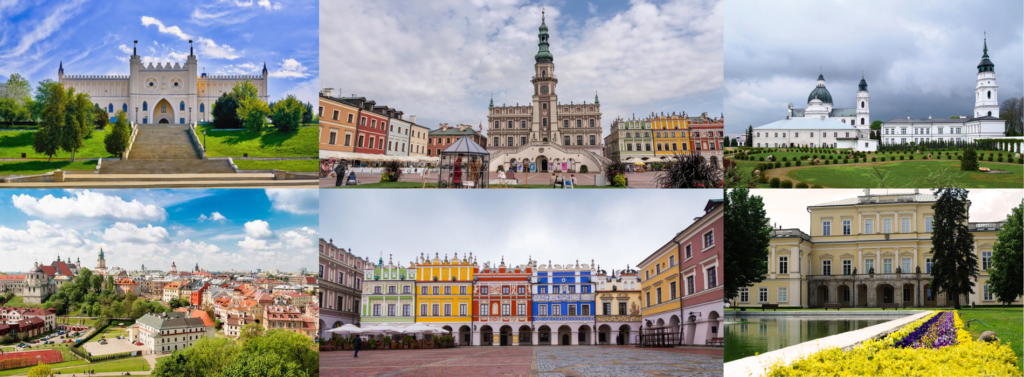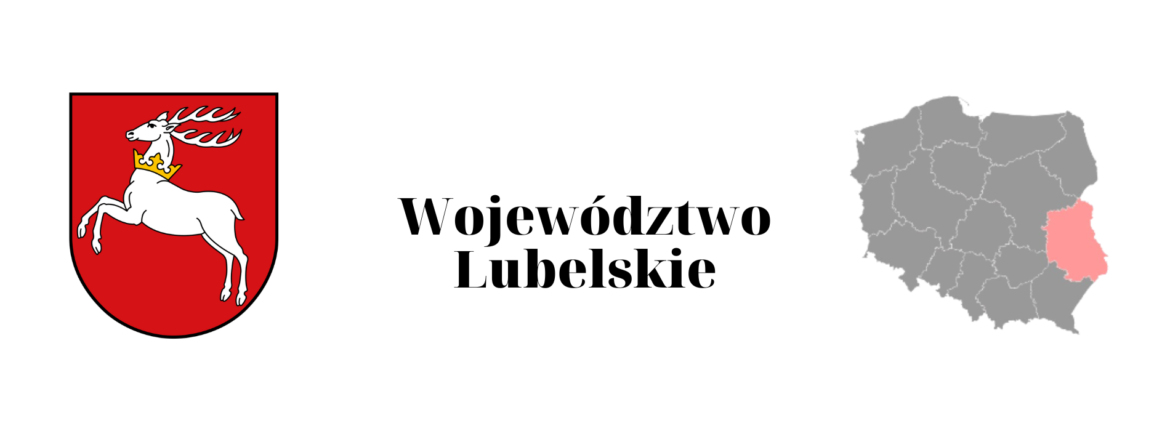Lublin, a city steeped in history and culture, stands as a testament to Poland’s resilience and rich heritage. Located in the Lublin Voivodeship, it is the ninth-largest city in Poland and the second-largest in historical Lesser Poland. But what makes Lublin truly special is its intricate blend of history, traditions, and cultural landmarks.
A Glimpse into Lublin’s Past
Lublin’s roots can be traced back to ancient times. Archaeological discoveries suggest that the area was inhabited as early as the sixth century. The city’s early medieval period saw an intensification of habitation, especially along river valleys. The stronghold on Old Town Hill was likely a central hub for the Lendians tribe. By the 10th century, Lublin had already established itself as a significant tribal stronghold.
The city’s strategic location at the eastern borders of the Polish lands made it a prime target for invasions. Throughout the 13th century, Lublin faced attacks from various forces, including the Mongols, Tatars, Ruthenians, and Lithuanians. Despite these challenges, Lublin continued to grow and flourish.
One of the defining moments in Lublin’s history was the Polish-Lithuanian Union of Krewo in 1385. This union marked the beginning of Lublin’s rise as a center of trade and commerce. Its strategic position between Vilnius and Kraków made it a pivotal trade hub. The 16th century saw Lublin at the heart of the Reformation movement, with the city becoming a global center of Arianism.
Lublin: A City of Culture and Higher Learning
The city’s cultural and educational significance cannot be understated. Lublin was chosen as the seat of the Crown Tribunal in 1578, making it a center of culture and higher learning. The city’s reputation as a hub for business and trade was further solidified in 2011 when the Financial Times Group recognized Lublin as one of the best cities for business in Poland.
Lublin’s historical center is a national monument, a testament to its rich history and cultural significance. The city’s Old Town, with landmarks like the Krakowska Gate, offers a glimpse into its storied past.
Jewish Heritage and the Dark Times of World War II
Lublin’s Jewish community played a vital role in the city’s cultural and social fabric. The establishment of a renowned yeshiva, Jewish hospital, synagogue, and education center made Lublin a significant center for Jewish learning and culture. The city even earned the moniker „the Jewish Oxford” due to its esteemed yeshiva.
However, the dark shadow of World War II brought untold suffering to Lublin’s Jewish community. The Holocaust saw the relocation and eventual extermination of Lublin’s Jewish population by Nazi Germany.

Modern Lublin: A Blend of the Past and Present
Today, Lublin stands as a beacon of Poland’s rich history and a symbol of its bright future. The city continues to modernize, with its population growing and significant industrial enterprises being established. The Catholic University of Lublin, founded in 1918, is a testament to the city’s commitment to education and research.
In conclusion, Lublin is more than just a city; it’s a living tapestry of history, culture, and traditions. Whether you’re a history buff, a cultural enthusiast, or someone looking to explore Poland’s hidden gems, Lublin offers a unique experience that’s sure to captivate and inspire.
